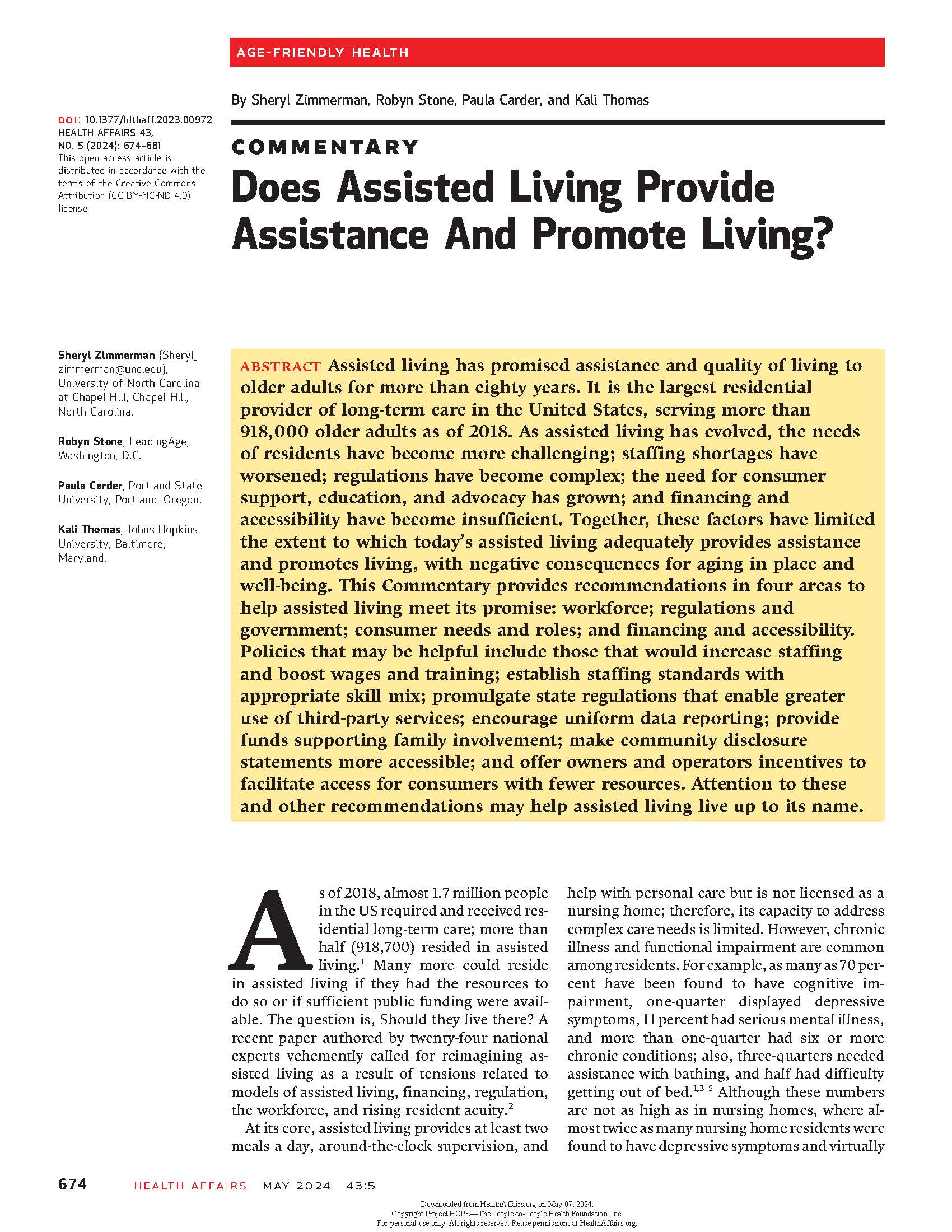Objectives
To examine the prevalence of coping behaviors during the first 2 waves of the COVID-19 pandemic among caregivers of assisted living residents and variation in these behaviors by caregiver gender and mental health.
Design
Cross-sectional and longitudinal survey.
Setting and Participants
Family/friend caregivers of assisted living residents in Alberta and British Columbia.
Methods
A web-based survey, conducted twice (October 28, 2020 to March 31, 2021 and July 12, 2021 to September 7, 2021) on the same cohort obtained data on caregiver sociodemographic characteristics, anxiety and depressive symptoms, and coping behaviors [seeking counselling, starting a psychotropic drug (sedative, anxiolytic, antidepressant), starting or increasing alcohol, tobacco and/or cannabis consumption] during pandemic waves 1 and 2. Descriptive analyses and multivariable (modified) Poisson regression models identified caregiver correlates of each coping behavior.
Results
Among the 673 caregivers surveyed at baseline, most were women (77%), White (90%) and age ≥55 years (81%). Alcohol (16.5%) and psychotropic drug (13.3%) use were the most prevalent coping behaviors reported during the initial wave, followed by smoking and/or cannabis use (8.0%), and counseling (7.4%). Among the longitudinal sample (n = 386), only alcohol use showed a significantly lower prevalence during the second wave (11.7% vs 15.1%, P = .02). During both waves, coping behaviors did not vary significantly by gender, however, psychotropic drug and substance use were significantly more prevalent among caregivers with baseline anxiety and depressive symptoms, including in models adjusted for confounders [eg, anxiety: adjusted risk ratio = 3.87 (95% CI 2.50-6.00] for psychotropic use, 1.87 (1.28-2.73) for alcohol use, 2.21 (1.26-3.88) for smoking/cannabis use).
Conclusions and Implications
Assisted living caregivers experiencing anxiety or depressive symptoms during the pandemic were more likely to engage in drug and substance use, potentially maladaptive responses. Public health and assisted living home initiatives that identify caregiver mental health needs and provide targeted support during crises are required to mitigate declines in their health.

Center for Excellence in Assisted Living CEAL@UNC
Advancing the well-being of the people who live and work in assisted living through research, practice, and policy.

